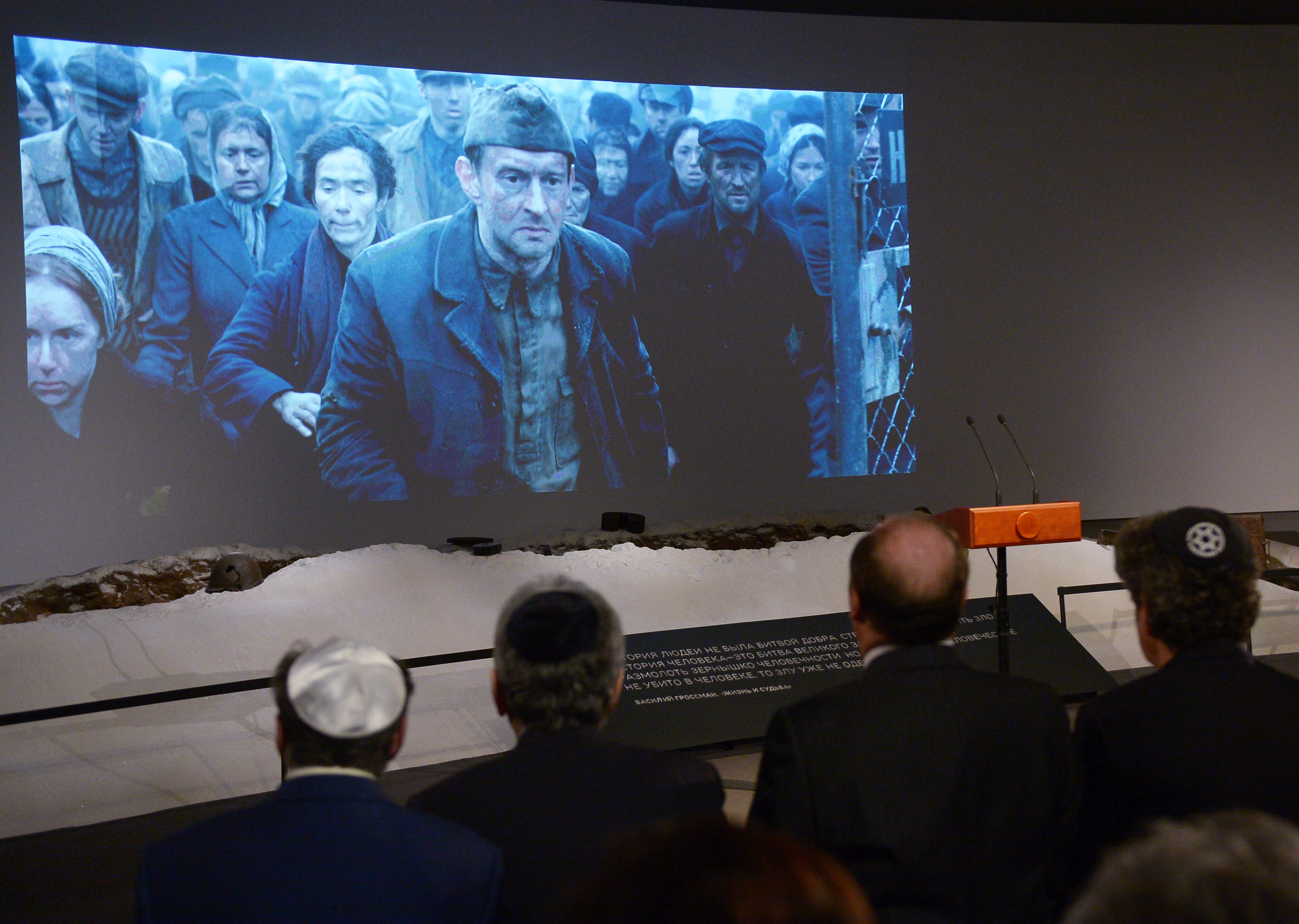Anton Weiss-Wendt: Putin's Regime Hijacking the Holocaust: History Politics as an Element of Soft Power

Join Zoom Meeting: https://uit.zoom.us/j/67269477657?pwd=VWxqc3BEOTBXTnIrMDNJeUtYeGZ1QT09
Since recently, Russia has emerged as a major player in the field of Holocaust remembrance. Putin's regime has been construing an alternative, popular Holocaust narrative, complete with own commemoration dates, NGOs, motion pictures, and exhibitions. The regime has also incorporated the Holocaust into foreign policy, making it essentially an instrument of soft power. The Holocaust is now a part of the Russian history politics, coordinated at the highest government level.
The present Russian discourse on the Holocaust is surprisingly similar to the late Soviet. Jews are once again primarily identified by their nationality rather than their ethnicity and/or religion. Notably, the Russian officials, like the Soviet before them, shy away from referring to the Holocaust as genocide. The portrayal of the Holocaust on screen and in exhibition halls is typically based on secondary sources, with no comprehensive primary research involved. The professionalization of Holocaust research never came to be. Most of the scholars doing research on the Holocaust in Russia come from within the Jewish community. Hence, the scholarship produced inside Russia does not become integrated in an international field of Holocaust studies. References to the mass murder of Jews serve purposes other than an accurate historical representation or genuine commemoration. Until recently, the focus on local collaboration in the Nazi genocide of the Jews served mainly to ruffle East Europeans' feathers. The focus has now changed to emphasizing the decisive role of the Soviet Army in the liberation of surviving Jewish prisoners and bringing salvation to the Nazi-savaged Europe. This serves the single goal of fashioning the (Soviet) victory over Hitler's Germany as a central event in world's history.
The Russian Government makes considerable efforts to promote this take on the Holocaust internationally. Individuals who have been instrumental in projecting the official Russian position on the Holocaust abroad have all in one way or another benefitted from state largesse. Wittingly or unwittingly, they became a part of the patron-client system of governance instituted by Putin in Russia. In recent years, the Russian Foreign Ministry has displayed certain finesse in presenting its perspective on the Holocaust. This goes hand in hand with the potential of soft power rediscovered by Moscow since the 2011-12 pro-democracy protests in Russia and particularly in the aftermath of the military aggression against Ukraine in 2014.
Anton Weiss-Wendt is Research Professor (Forsker I) at the Norwegian Center for Holocaust and Minority Studies in Oslo. He holds a PhD in modern Jewish history from Brandeis University. He works mainly in the field of Holocaust and genocide studies. He is the author and/or editor of eleven books, including The Soviet Union and the Gutting of the UN Genocide Convention (2017); A Rhetorical Crime: Genocide in the Geopolitical Discourse of the Cold War (2018); Putin's Russia and the Falsification of History: Reasserting Control over the Past (2020), and (with Nanci Adler) The Future of the Soviet Past: The Politics of History in Putin's Russia (2021).